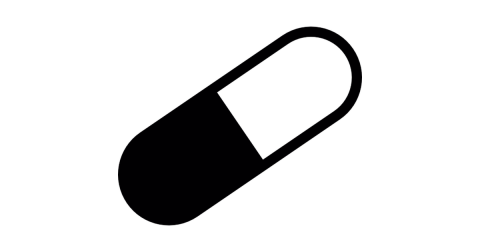
Pharmaceutical giant Biogen recently pulled the plug on its experimental Alzheimer's drug after disappointing clinical trial results.
The news shook investors. Biogen shares plummeted 32 percent, wiping $18 billion off the company's market cap. The announcement underscored how risky drug development is, especially for Alzheimer's treatments. Nearly 150 potential Alzheimer's drugs have failed during clinical trials in the past decade.
The disease still has no cure. It costs our healthcare system $277 billion each year. Yet investors keep funding these long-shot efforts because they know that one breakthrough drug could generate millions in profits.
House Speaker Nancy Pelosi seems determined to change that risk calculus. She and several other lawmakers are considering a policy -- known as "binding arbitration" -- that would allow the government to dictate prices for drugs covered by Medicare. Arbitration would let the government underpay for drugs, killing incentives for investors to fund new treatments.
Like all industries, the pharmaceutical sector has to provide adequate return on investments for shareholders. It costs billions of dollars and takes a decade to develop just one new therapy.
Companies need revenues from successful medicines to offset the cost of failed drugs to fund future projects and satisfy investors. Take away the possibility of high returns on the rare, successful drug, and investors would have no reason to invest in R&D.
After a drug receives FDA approval, drug companies and insurers negotiate its price. These talks sometimes hit roadblocks.
Binding arbitration allows the government to break the deadlock. If manufacturers and insurers can't agree, Medicare officials could bring in a third-party arbitrator. After both sides argue their positions, the arbitrator sets a price.
Both parties would be legally bound to accept the decision. And arbitrators would almost always choose artificially low prices favored by the government.
After all, government officials get to hand-pick these supposedly "neutral" arbitrators. They would undoubtedly choose arbitrators who are inclined to set low prices. That translates into lower profits -- and fewer dollars for new projects.
Binding arbitration would destroy the appeal of drug development and leave countless potential cures to die in the pipeline. If Speaker Pelosi and others are serious helping patients, they'll drop this plan immediately.
Sandip Shah is founder and president of Market Access Solutions which develops strategies to optimize patient access to life-changing therapies.
--------------------------